
FAQ Writing Guide: Dominate AI Search
TL;DR: Why Your Business Needs Strategic FAQs in 2025
- AI Discovery: ChatGPT cites businesses with well-structured FAQs 3x more often than those without
- Conversion Impact: FAQ pages reduce sales objections by 40% and increase conversion rates from 2% to 5%
- Voice Search: 70% of voice search answers come directly from FAQ content
- Implementation Time: 10 strategic FAQs can transform your AI visibility in under 30 days
Right now, while competitors struggle for visibility, a Hutto, TX technology company increased inbound leads by 35% with one simple change: they rewrote their FAQ section using AI-optimized formatting.
Most businesses treat FAQs as afterthoughts, burying generic answers that neither search engines nor customers value. Meanwhile, 4 out of 5 potential customers now start their buying journey by asking AI tools for recommendations.
This guide reveals the exact FAQ formula that gets your business cited by ChatGPT, featured in Google's "People Also Ask" boxes, and converts browsers into buyers 2.5x faster than traditional content.
Based on KTV Digital's analysis of hundreds of local business websites, our research has led us to an FAQ structure that AI systems prefer. The good news is that it takes just 30 days to implement.
The Current Reality: FAQs as Your AI Discovery Gateway
ChatGPT processes 1 billion queries monthly, with local service searches growing 400% year-over-year. When someone asks, "Who's the best HVAC contractor in Austin?", AI tools scan for businesses with comprehensive, structured FAQ content. While traditional SEO takes months, FAQ optimization delivers results in weeks: businesses with 15+ well-written FAQs appear in AI responses 3x more frequently than those without.
Google's algorithm evolution amplifies this effect. Featured snippets—those coveted answer boxes above search results—pull 67% of their content from FAQ sections. Voice search compounds the opportunity: when someone asks Alexa about service costs, the answer comes verbatim from FAQ pages.
The technical advantage is schema markup, specialized code that flags your FAQs for AI consumption. While competitors publish generic content, schema-enhanced FAQs achieve 40% higher click-through rates and dominate position zero in search results.
The Core Challenge: Why Most FAQs Fail
Traditional FAQ mistakes create compound problems: vague answers frustrate customers while invisible content leaves AI tools unable to cite your business. Two critical failures dominate:
Critical FAQ Failures
Generic responses like "costs vary" provide zero value, causing 73% of visitors to bounce immediately while ensuring AI tools skip your content entirely.
JavaScript-dependent dropdowns block search engine access, making your carefully crafted answers invisible to both Google and ChatGPT.
Immediate consequence: competitors with optimized FAQs capture your leads today. Six-month impact: your digital presence becomes increasingly irrelevant as AI-driven discovery accelerates.
The Framework: Engineering FAQs for Maximum Impact
The Three-Pillar FAQ Model: Research → Structure → Optimize
Implementation Framework
1 Strategic Question Mining
Specific Actions:
- Extract 20+ questions from Google's "People Also Ask" using private browsing mode.
- Analyze customer service emails for recurring pain points and objections.
Success Indicator: Minimum 30 unique, specific questions documented
Time Investment: 2-3 hours of focused research
Common Pitfall: Guessing what customers ask instead of using real data
2 Answer Engineering Formula
Specific Actions:
- Apply the 4-part structure: Quick Answer (1 sentence) + Context (2-3 sentences) + Process (1-2 sentences) + CTA (1 sentence)
- Include specific numbers, timelines, and price ranges in every answer
Success Indicator: Each answer contains 50-150 words with concrete details
Time Investment: 30 minutes per polished FAQ
Common Pitfall: Writing vague, lawyer-approved non-answers
3 Technical Implementation
Specific Actions:
- Add schema markup code to all FAQ pages for AI recognition
- Distribute FAQs strategically: main FAQ page + relevant service pages
Success Indicator: Google's Rich Results Test validates your schema
Time Investment: 1-2 hours for setup
Common Pitfall: Hiding FAQs behind clicks or JavaScript
Example of how FAQs help with AI Search
Auto Tek in Austin, TX, provided some solid insights on their FAQ page.

A search on ChatGPT lists Auto Tek as a reliable and trusted auto shop to visit when your "Check Engine" light illuminates.

Essential Q&A
Q: How many FAQs do I need to see results?
A: Start with 10-15 concrete FAQs. Focus on cost, timeline, and process questions first. Add 5 new FAQs monthly based on customer interactions.
Q: What's the ROI timeline for FAQ optimization?
A: AI citations typically begin within 30-45 days. Featured snippet appearances: 60-90 days. Conversion improvements are immediate once published.
✅ Do This
Write answers assuming zero prior knowledge → Higher comprehension
❌ Don't Do This
Use industry jargon without explanation → Lost opportunities
🔑 Key Takeaways
- FAQs aren't just helpful content—they're your direct pipeline to AI discovery and conversion optimization
- Businesses with optimized FAQs achieve 3x more AI citations and convert visitors 2.5x faster
- The Austin HVAC contractor's 35% call increase proves this framework delivers measurable results
🎯 Activate Your FAQ Advantage Today
Today: List 10 questions from your customer service emails
This Week: Publish your first 10 optimized FAQs with schema markup
This Month: Achieve your first ChatGPT citation and featured snippet
How Does Your Business Score in AI Search?
You now have the exact framework to get your business cited by AI. But theory is one thing—seeing where you stand is another.
Before you spend hours on a manual audit, use our free AI Visibility SearchScore Tool to get an instant analysis of your website. In 60 seconds, you'll see your score and uncover the critical opportunities you can fix today.
Enter your website URL below to get your free score now.

About Kevin Vaughan
Kevin Vaughan is the founder of KTV Digital, where he helps businesses bridge the gap between AI-powered research and website-based purchasing decisions.
After 25 years of leading sales and marketing in B2B technology, Kevin noticed that his prospects were arriving at conversations already educated and comparison-ready, having researched through ChatGPT, Claude, and Perplexity, rather than Google. While businesses were still optimizing for search engines, their customers had moved on to AI tools.
This insight drove Kevin to understand how AI tools make recommendations and how businesses can optimize for all three phases of the modern buyer journey.
When he's not testing AI citation patterns or conversion strategies, you'll find him with his wife and kids, playing guitar, or scuba diving.
No comments







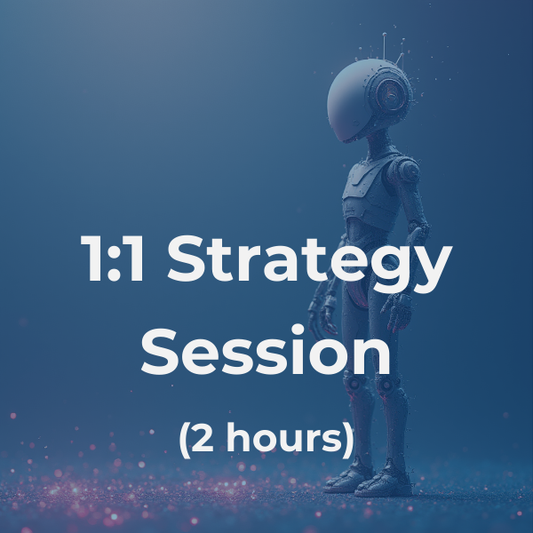
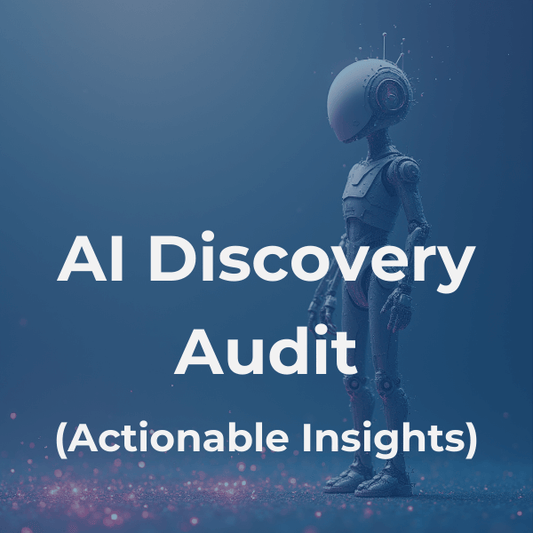
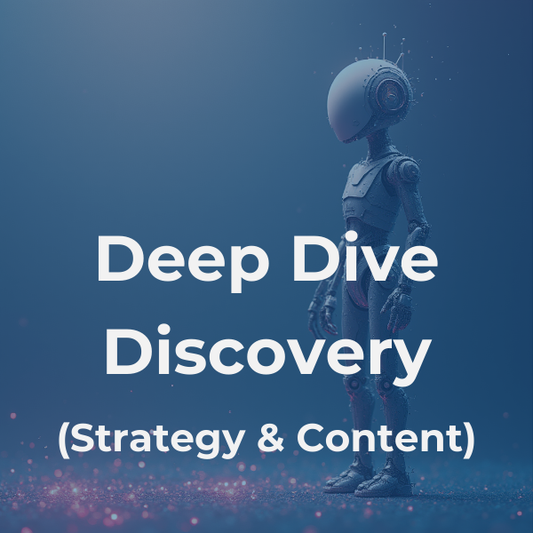
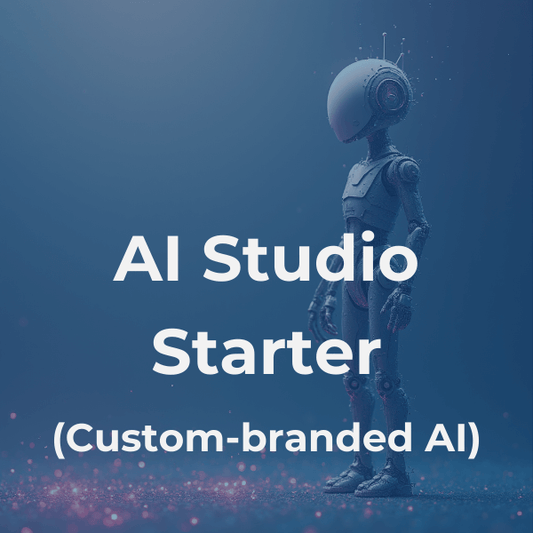
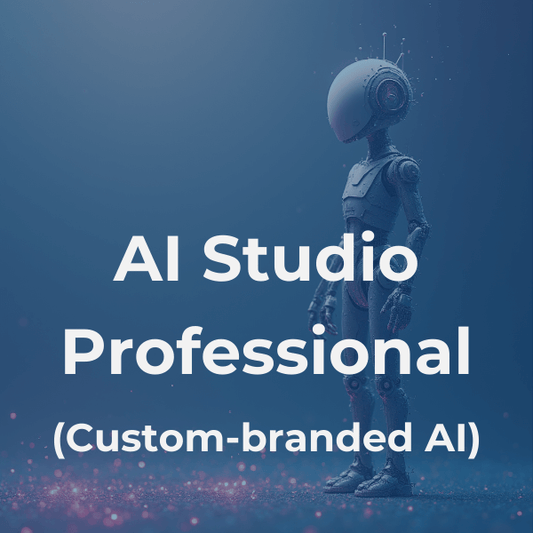

0 comments